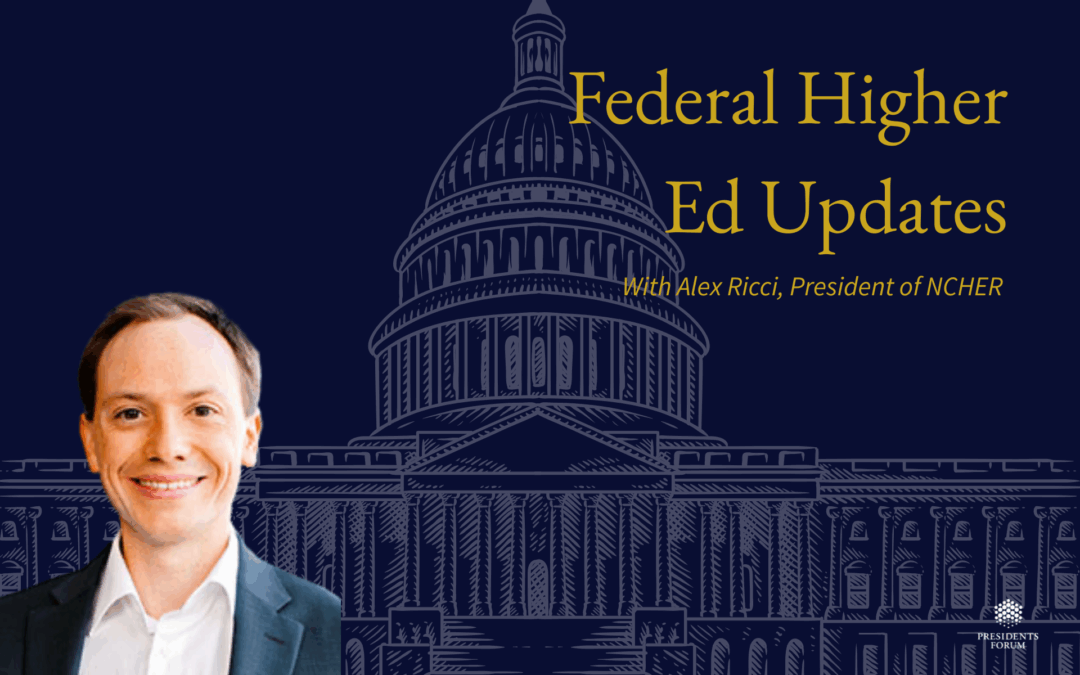
Centering Career Readiness in Higher Ed
Centering Career Readiness in Higher Ed
Why it matters:
With employers increasingly focused on skills and outcomes, Purdue Global’s approach creates a direct pipeline between education and employment.
By the numbers:
- Students from 1,800+ employers complete Purdue Global programs annually
- Their bachelor’s degree in organizational management has enrolled 800+ students since 2022
- That program has already produced 500+ graduates
Key innovations:
- Using Lightcast for labor market analytics to provide broader job opportunities
- Integrating career services in program development and review committees
- Creating experiential credit opportunities that recognize workplace skills
The bottom line:
By inserting career readiness into every aspect of education, Purdue Global is demonstrating how universities can better serve both students and employers.





Recent Comments